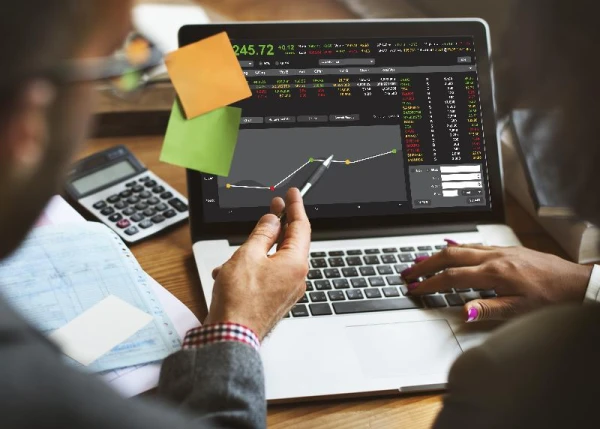
Experts who foresaw the global financial crisis of 2008 are once again sounding the alarm about looming threats to the global economy, reports Bild, writes nra.lv.
American financier and Wall Street veteran Gary Shilling warns of a new wave of crisis. According to him, the situation dangerously resembles 2008: the market is overheated, speculation is rising, and government debt has reached record heights.
“The situation is complicated. I don’t understand where the financial market is heading, and the probability of a crisis is dangerously high right now,” he stated.
Financial analyst Meredith Whitney, nicknamed the "Oracle of Wall Street," believes that the downturn has already begun — according to her, the real economy is weaker than official data suggests, and many Americans are living in debt.
A similar opinion is expressed by risk expert Nassim Nicholas Taleb — he notes that while banks feared debt in 2008, today it is governments that are concerned.
Analysts are particularly sharply focused on the dangers of the rapid growth of artificial intelligence (AI) technologies. Investor Michael Burry, who predicted the 2008 crisis, advises against investing in large tech companies.
Despite differing opinions, experts agree on one point: excessive debt, overvalued stocks of tech giants, and the disconnect between the stock market and the real economy make global markets extremely vulnerable.
According to The Economist, if the U.S. stock market collapses, it will be one of the most predictable crises in history — this is already being discussed by both banking executives and the International Monetary Fund.
And this is not surprising — the S&P 500 index, one of the key indicators of the American stock market, driven by the so-called "magnificent seven" (leading tech companies), has reached a price-to-earnings ratio comparable to the dotcom era of the late 1990s and early 2000s. Investors hope that large investments in AI will pay off. To achieve a 10% return on investment in AI, global companies would need about 560 billion euros per year — that’s over 345 euros for each iPhone user. History shows that hopes for new technologies often do not materialize — at least not in the early stages.
Nevertheless, according to The Economist, the likelihood that a stock market crash will lead to a large-scale financial crisis remains low for now. Unlike in 2008, the current AI boom is mainly financed through equity rather than debt. Additionally, the real economy has shown high resilience in recent years — from the energy crisis in Europe to U.S. trade wars — with economic downturns becoming increasingly rare.
However, it is a mistake to think that a crash will only affect investors. The longer the upswing continues, the more obscure the source of its financing becomes. Even without a collapse of the financial system, a significant drop in stocks could plunge the global economy into recession.
The weak link is American consumption. Stocks account for about 21% of U.S. household wealth. Almost half of the growth in Americans' wealth in recent years is related to stocks of AI companies. As wealth has increased, people have started saving less.
A decline in asset values could significantly impact consumption levels, and a decrease in demand in the U.S. would affect both Europe and China, exacerbating trade tensions.
Ultimately, trade will decline, American spending will shrink, and the U.S. trade deficit will decrease, while China's overproduction will become an even greater problem. The world may foresee a crash of the American stock market — but that does not mean it is ready for its consequences.

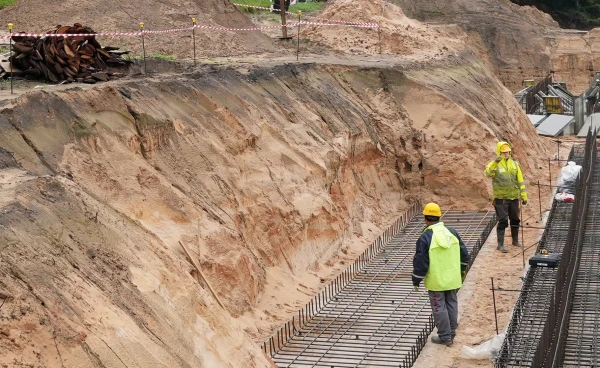


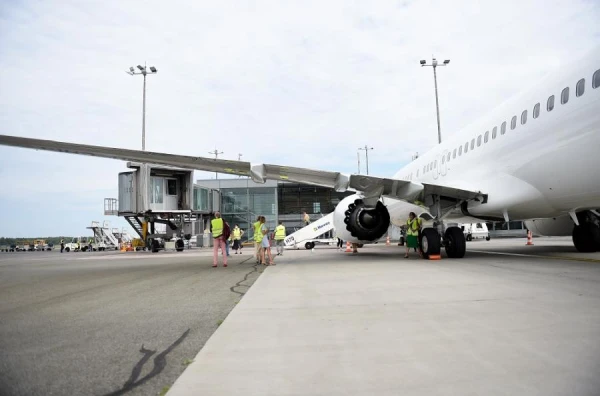

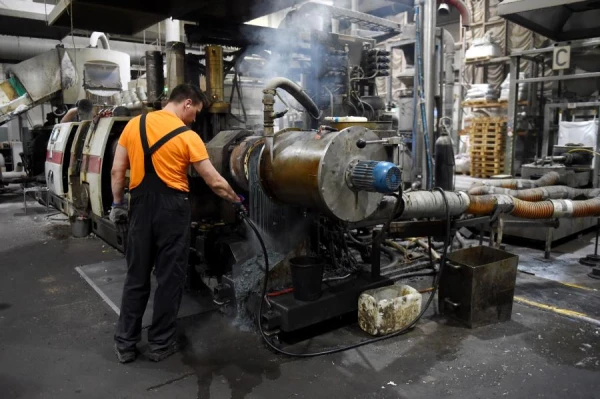
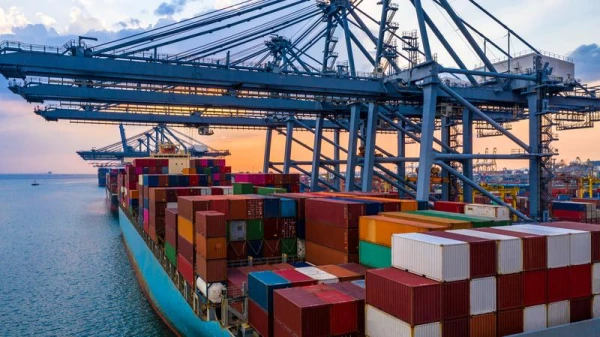
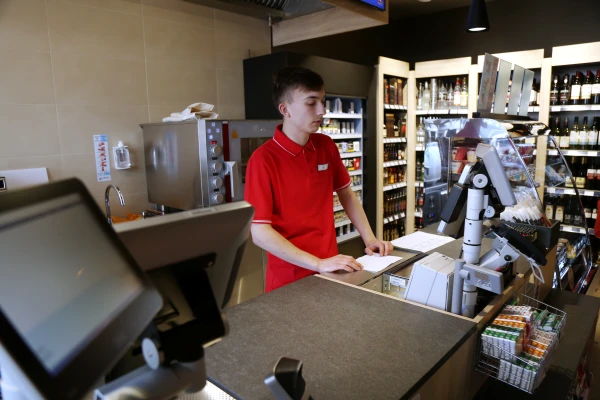
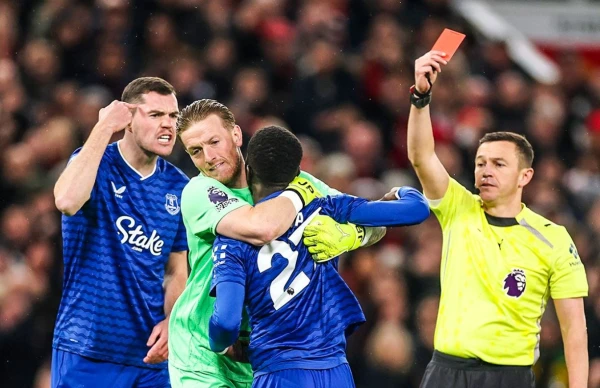




Leave a comment